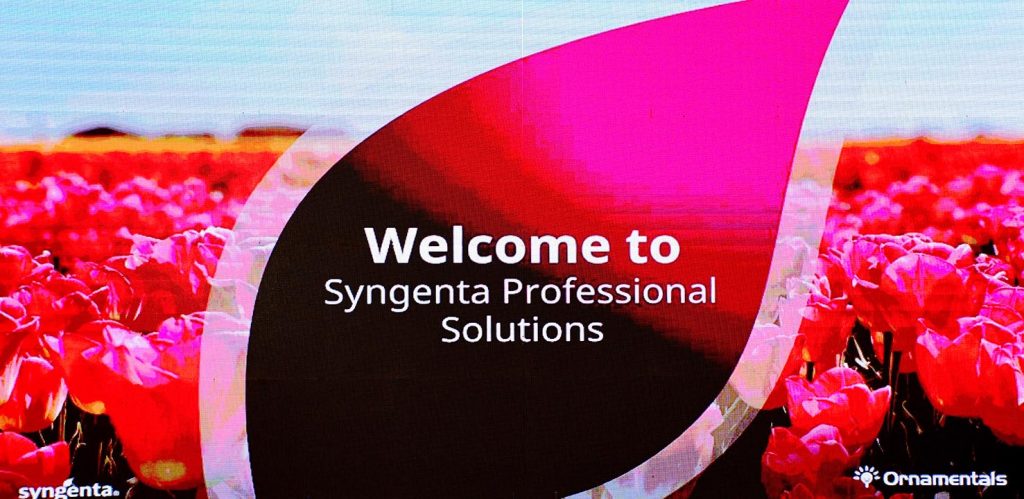
The flower industry in Kenya spans approximately 4,500 hectares and is projected to contribute over Kshs. 100 billion (around 835 million U.S. dollars) to the national economy by 2024. With appropriate policies in place, this figure could potentially double within the next decade, necessitating in-depth discussions among policymakers, implementers, and growers. This statement was made by Mr. Clement Tulezi, CEO of the Kenya Flower Council, during the unveiling of Mural, a new powdery mildew solution from Syngenta Professional Services.
Mr. Tulezi emphasized that growers require robust support through innovative solutions from suppliers, as well as improved investment and trading policies from the government, particularly from regulatory bodies. He urged the government to ensure that freight costs remain competitive with those of other producing nations. Additionally, he called for the harmonization of tax regulations and discussions with market countries to establish better trade policies and regulations. These measures will not only position Kenya as a premier cut flower powerhouse but also guarantee the production of high-quality and sustainable flowers.
Pests and Diseases
Kenya’s flower producers are encountering significant obstacles as they work to uphold quality while complying with strict European regulations. Climate change has resulted in the rise of new pests, which presents a serious risk, as there is a strong desire to prevent the spread of diseases or pests across borders. As a result, managing pests and diseases has become an urgent global issue.

Mural: A Revolutionary Development
In 2023, it was projected that powdery mildew caused 30% of the overall losses from pests and diseases. Thus, managing powdery mildew is essential, and the introduction of Mural could not have been more timely. This innovative solution is a transformative advancement for the industry,

which requires solutions that adhere to global standards.
Mr. Tulezi urged growers to embrace products like Mural that are better suited to respond to current market conditions. “Today, Syngenta unveils a new era in crop health, and like all other agrochemical firms, they are the unsung champions of the flower industry,” he remarked.
Mural provides an additional layer of defense against a disease whose predisiposing conditions are similar to those needed to grow quality flowers.. He emphasized that the new product is driven by scientific research and is environmentally sustainable. He noted that Mural represents a significant advantage for both the export market and the growers.
Compliance
Mr. Tulezi stated that Kenya has been a powerhouse in cut flower production in the tropics, where climate change has introduced new and emerging pests and diseases. He highlighted the necessity for leadership in pest and disease management. He emphasized the importance of aligning compliance standards among all industry stakeholders to ensure long-term sustainability. He encouraged growers to be consistent, compliant, and sustainable to maintain their competitive edge. He mentioned that due to their advocacy, the government has successfully reduced product registration times, with temporary registrations now completed in two weeks.
Intense Competition
Mr. Tulezi pointed out that Colombia and Ecuador began flower farming long before Kenya and are significantly ahead in terms of experience and technology. However, he reiterated that Kenya is gradually improving, and it is now challenging to distinguish Kenyan flowers from South American ones based on stem length and head size as it was in the past. Kenya remains the third-largest producer of cut flowers and is a dominant player in the European market, exporting to over 100 countries worldwide.
